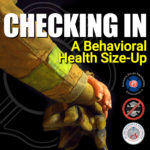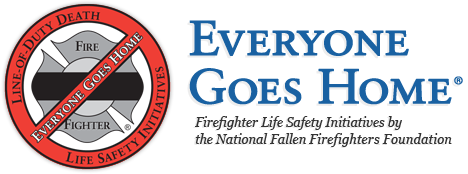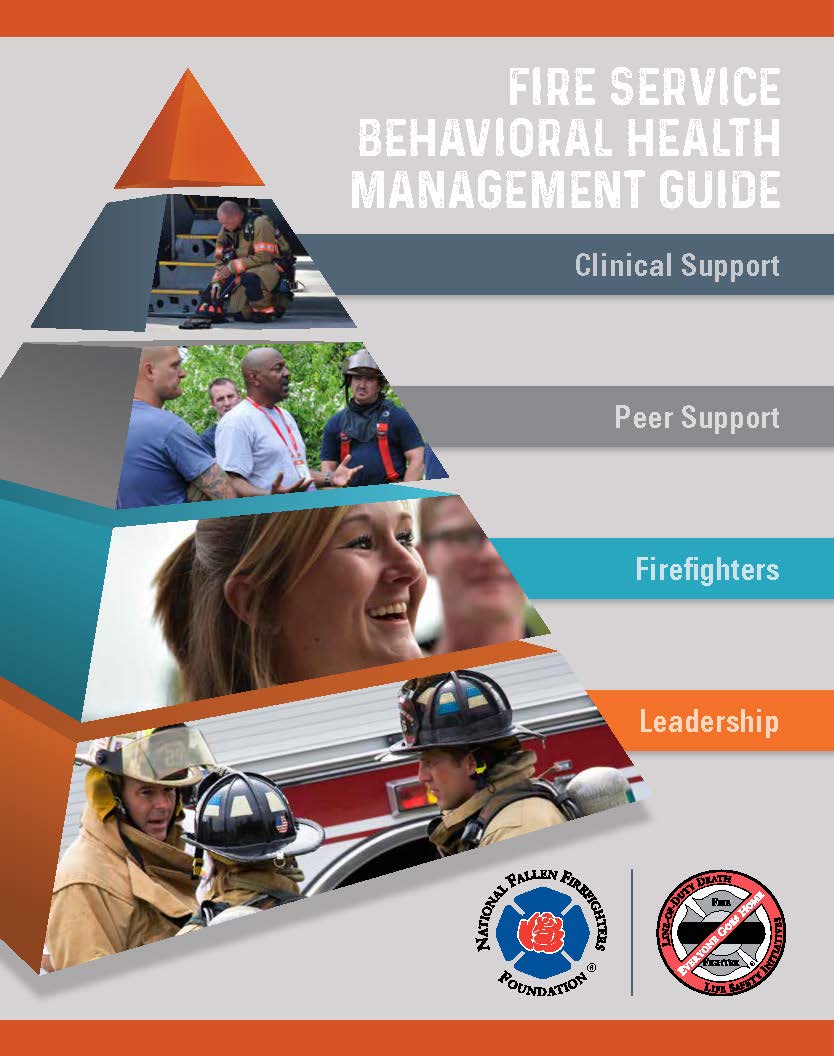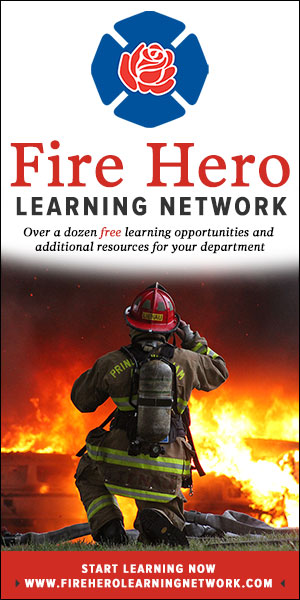
Firefighters and their families must have access to counseling and psychological support.
National Suicide Prevention Lifeline 1-800-273-TALK (8255) www.PocketPeer.org
Initiative 13 means that firefighters and EMS professionals and their families must have the resources to deal with the various complications that their jobs can bring to their lives, especially issues regarding emotional and psychological stress. They must also have help available to deal with the problems in living that all of us sometimes face, regardless of the work we do, especially regarding family, finances or even drug and alcohol issues. Health and safety standards (like the NFPA 1500 Standard on Firefighter Health and Safety) require that assistance programs be made available to ensure that such services are there when needed.
But what form those services should take has become a serious question. Research has raised significant concerns about intervention and treatment approaches that have been and are to this day commonly used with fire service personnel. Ensuring that care is available whenever needed-and that the care delivered represents the best practices currently available-is the objective of Initiative 13: Firefighters and their families must have access to counseling and psychological support.
A Consensus Approach
In order to find the best material upon which to build a new model, the National Fallen Firefighters Foundation (NFFF) adopted a consensus approach much like that used in developing standards in medicine or even operational firefighting. Fire chiefs and even those in our communities who routinely provide behavioral services to firefighters and EMTs often don’t have the best information available to them, nor the time to read medical journals, technical reports and other sources from around the world. To identify potential resources, the NFFF made a commitment to scour the literature, talk to experts in many fields to find new and better approaches to firefighter behavioral health treatments.
Preparing fire service organizations to make good decisions about occupational behavioral health care for their personnel required deliberate efforts to bring scientists and our end-users (the fire service) together. This effort began by recruiting carefully selected researchers whose research programs deal with areas important to occupational behavioral health needs of the fire service. Those experts then worked with representatives from key organizations and standards bodies including the International Association of Fire Fighters, the International Association of Fire Chiefs, the National Volunteer Fire Council, the National Fire Protection Association, the National Association of Emergency Medical Services Physicians and the North American Fire Training Directors to develop practical ways to deliver state of the art assistance to fire and EMS providers. In addition, representatives from military medicine, private EAP provider organizations, and major research institutions contributed to the knowledge base for this effort.
Creating Resources for Firefighters and their Families
The first meeting took place in Baltimore, Maryland, in December 2008. Researchers whose work centered on prevention and early intervention related to traumatic stress joined with fire service health and safety representatives to recommend effective strategies to assist personnel exposed to potentially traumatic events. A second meeting was held in April 2009 to examine standards and recommendations regarding comprehensive behavioral health assistance programs for firefighters and their families. A third session explored the role of peer support systems in promoting health, wellness and safety, and in developing innovative approaches to behavioral health resources.
The outcome of these meetings and additional research points led to the development of a new model or way of thinking about firefighter behavioral health and attendant resources. Since 2011, segments of the model have been presented and critiqued at regional and national fire service conferences and articles have been published. These opportunities, added to the advice of leaders in military and community mental health, have allowed us to develop a wide range of new approaches, courses and suggestions to support Initiative 13.
Find more at behavioral health research and resources www.firstrespondercenter.org
Checking In: A Behavioral Health Size-Up Podcast

This podcast supports this initiative by providing information on behavioral health topics that fire departments face every day. The goal is to provide a foundation for a discussion on how to address behavioral health practices to help firefighters and their families. This podcast is managed by the National Fallen Firefighters Foundation and is hosted by Craig Luecke.
Listen to the Checking In: A Behavioral Health Size-Up Podcast






